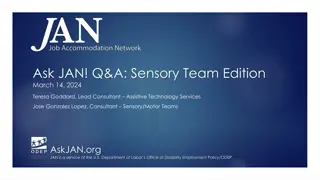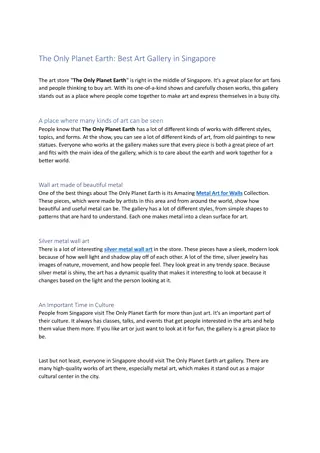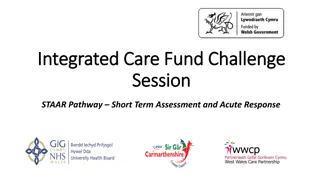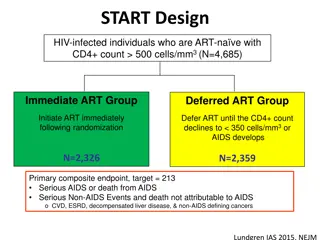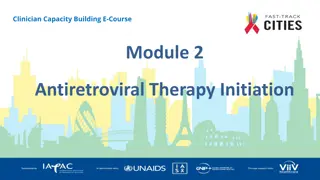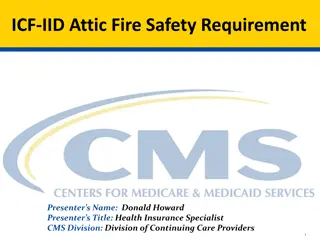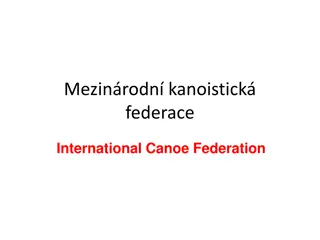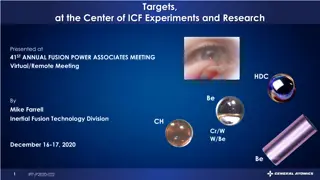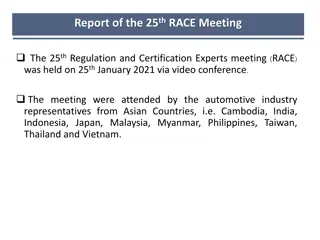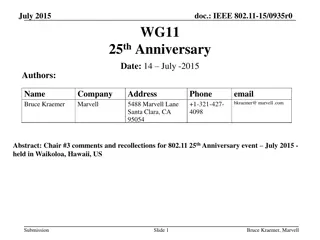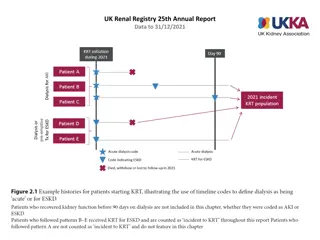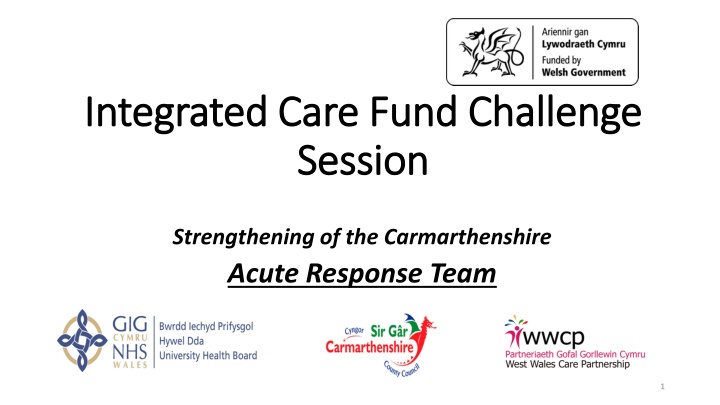
Health Care Innovation: Strengthening Acute Response Teams
Learn about the success of the Carmarthenshire Acute Response Team in providing acute nursing interventions, preventing hospital admissions, and enhancing patient independence through integrated care funding. Witness how this initiative has significantly improved outcomes and saved costs.
Download Presentation

Please find below an Image/Link to download the presentation.
The content on the website is provided AS IS for your information and personal use only. It may not be sold, licensed, or shared on other websites without obtaining consent from the author. If you encounter any issues during the download, it is possible that the publisher has removed the file from their server.
You are allowed to download the files provided on this website for personal or commercial use, subject to the condition that they are used lawfully. All files are the property of their respective owners.
The content on the website is provided AS IS for your information and personal use only. It may not be sold, licensed, or shared on other websites without obtaining consent from the author.
E N D
Presentation Transcript
Integrated Care Fund Challenge Integrated Care Fund Challenge Session Session Strengthening of the Carmarthenshire Acute Response Team 1
Project Introduction Project Introduction The Acute Response Team (ART) assesses and provides acute nursing interventions within the patients home environment. The Carmarthenshire ART team has two bases/two teams, one in PPH and one in GGH and provides registered nursing cover, county wide, 365 days a year, 24 hours a day. Prevents avoidable admissions to hospital. Facilitates early hospital discharge. Provides safe and effective evidence based care. Works effectively in an integrated manner with all members of the MDT e.g. District Nurses, Marie Curie, Domiciliary Care & Community Resource Teams, IAA etc. The team consists of 43 registered and non registered nurses and has continually evolved and expanded in its 11 years service. The 3.4 WTE extra ICF funded posts (1.0 WTE band 6, 2.4 WTE band 5) have ensured that an extra registered nurse is on duty between the hours of 07.00 and 22.00, 7 days a week. 2
Funding arrangements Funding arrangements Funding arrangements: Budget: 1,208,479 Funding from ICF: 108,761 Any other funding: Not Applicable Spend 2018/19 (incl. spend to date): 81,570.75 Projected 2019/20 budget required: 108,761 3
Acute Response Team and Integrated Care Acute Response Team and Integrated Care Fund Fund Built on existing good practice. Supported Frail & Older people (in their own homes). Strengthened the resilience of the service. Promoted the maximisation of independence through keeping the patients in the community. Increased the capacity for referrals in the service Enhanced the capacity to respond to patients off their legs . The 3.4 WTE posts have improved outcomes for individuals and improved performance at organisational level in terms of reduced length of stay, preventing unnecessary admissions, improved patient flow and reduced demand and dependency on commissioned social and health care services. 4
Project key achievements Project key achievements Intermediate care provision has huge opportunities to improve outcomes for individuals. Promoted effective patient flow. Individuals supported to achieve maximum independence for longer in the community. This initiative has demonstrated (after the 1st years funding) to save an extra 600 bed days more than the previous year through admission avoidance and discharge facilitation. In addition to this 2,000 extra house calls were attended across Carmarthenshire in the Out of Hour s period. 400 per medical bed day. ICF funding ( 108,761) has had a potential cost saving of 240,000. Reduced Length of Stay/ reducing deconditioning rates. Reduced number of unnecessary admissions. Individuals supported to die in their preferred place of death Positive patient and relative feedback. 5
Key case study / studies Key case study / studies Mr T is a 67 year old who had pancreatic cancer and metastases. He was approaching the end of life, but rapidly deteriorated at home. ART were contacted by the family at 17.45 one evening to say that Mr T was agitated and in pain. The community nursing service had set up a syringe driver at 16.30. ART attended at 18.00 to give Diamorphine for pain relief. 30 minutes after ART left, we contacted the family who stated that Mr T was agitated and in pain again, but the ART could not administer more pain relief as the prescription would not allow it. Being co-located with GP OOH s, we asked the GP to increase his medication and we attended the patient again to give more Diamorphine for pain relief. At 8.30 ART did a joint visit with GP OOH s as it was evident that stronger pain relief and sedation was needed in the syringe driver. We also gave a sedative injection (Midazolam) to ease the agitation. At this point ART asked the family if they would like support from the ART overnight care team and they accepted. The patient was very settled. The care team arrived at 11pm and made Mr T comfortable. They also gave the family extra support and reassurance. The family lay in bed with Mr T, who passed away peacefully at 12.30am. The ART registered nurse then attended to verify the patient s death. The patient and his family were supported by the ART to pass away at home, pain free with has family at his bedside. Collaborative working between ART & GP OOH s was clearly evident. Mr T s family sent a thank you letter and also the donations from the funeral were donated to the ART team as a thank you. 6
Sustainability plan Sustainability plan If funding ceases this will impact negatively on the: - wellbeing of the individual - Increased demand on social care and health - Increased pressure within the unscheduled care system Short Term - Secure ongoing monies for ICF while we consolidate our contribution to the Short Term Assessment and Acute response pathway and through working as part of multidisciplinary team and rapid response domiciliary care increase the number of avoided admissions / conveyance to hospital Over the next year we will contribute to the recently introduced Outcomes Framework and report against its performance measures to clearly demonstrate impact on unscheduled care This business case will outline the risks of decommissioning the resource This will have a significant impact on patients experience; evidence shows that early intervention from professionals improves patients long term outcomes and their ability to live independently outside of a care setting. The reliance on long term health and social care or readmission to hospital will increase. There will be a rise in patients length of stay, consequently increasing the risk of hospital acquired infections. Carmarthenshire demographics indicate the need for strengthened community services. 7
Project development Project development Trial without catheter clinics (TWOCS). Provision of intravenous diuretic therapy for Heart Failure patients in their own homes. Develop nurses with advanced assessment skills. Office based,Shift Co-Ordination 7 days a week 2-10pm Case management for Chronic conditions. Strengthen in reach opportunities in acute sector. Links with Technology Based care (Telehealth Care). Closer links with IAA, short term assessment pathways etc. 8
Conclusion Conclusion This service is highly valued and has demonstrated positive impacts on the acute sector. This service operates 24 hours a day, 7 days a week and is instrumental in achieving care closer to home. It is accessible to the whole of the population of Carmarthenshire. The ART service provides an holistic assessment and treatment service for people in their own homes who would otherwise require hospitalisation, e.g. IV antibiotics, end of life care. This service works in an integrated manner with all other services, e.g. primary care, social care, WAST. This service is accessible 24/7 for the IAA, WAST, Acute, GPs, Out of Hours services, patients and families 9



